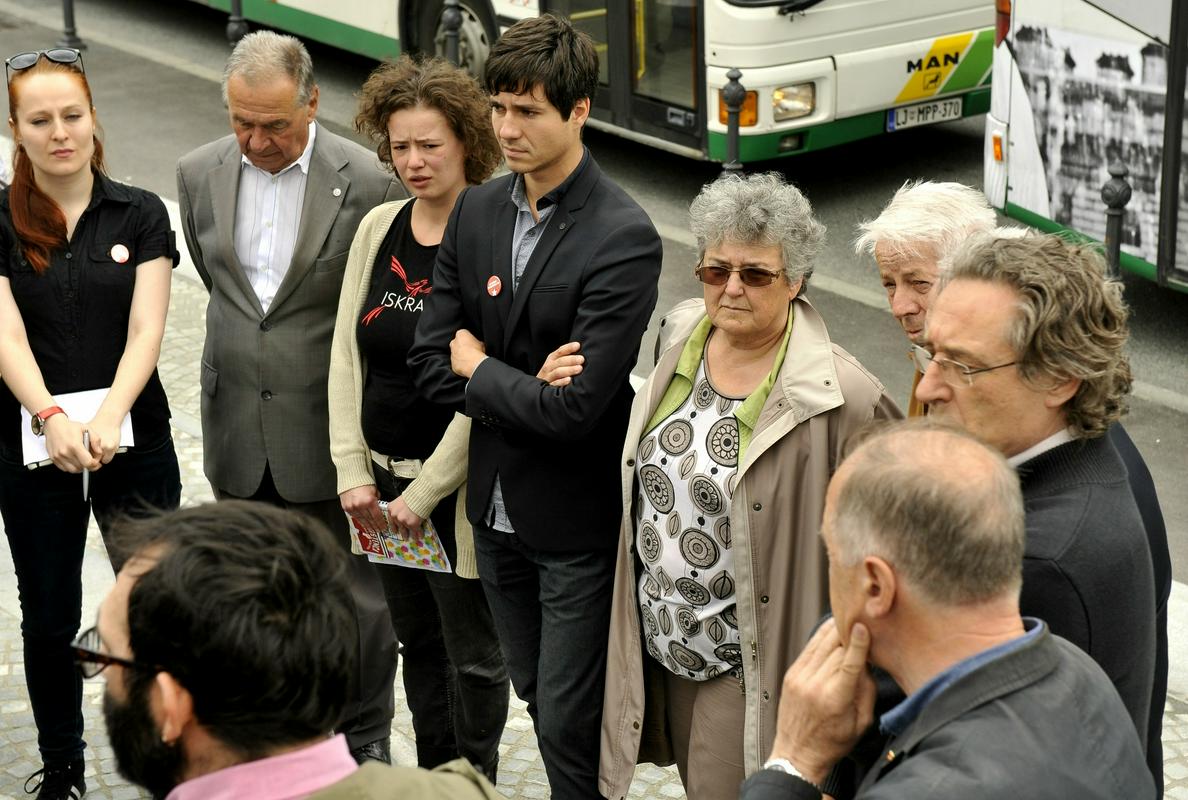
On the 11th of June the Slovenian capital will be the stage for new protests, this time against the announced new privatizations of Slovenian state-owned companies. The strategy of managing state assets is currently being debated in the National Assembly. The coalition was formed with the intention to prevent the "harmful" privatization of state companies. A few larger trade unions are in the coalition, as well as the United Left parliamentary party, the Federation of Pensioners' Associations, The Association of WWII Veterans ZZB NOB, and the Iskra student organization.
"The Strategy for Managing State Assets is not a strategy for Slovenia's economic development, but a strategy for privatizing Slovenia's economy," explained the head of the United Left deputy group, Luka Mesec. According to Mesec, the Slovenian State Holding (SDH) will have its hands free in selling 91 Slovenian companies. "The term strategic, should not mislead us," warned Mesec of the classification of state companies based on importance. He added that once the strategy was adopted, the SDH could sell 50 percent plus one share.
The head of the biggest trade union, Dušan Semolič, calls it a process of plundering the best economic companies and systems, which otherwise contribute a big portion of their earnings into the budget, and thus help the financing of pension purses and social rights. He said new owners only wish to make quick profits and that the biggest victims would be the workers.
The head of the public sector union, Branimir Štrukelj, explained that he asked the government how ordinary citizens would benefit from the privatizations, how many new work places would open, and how the life of Slovenians would improve. "There are no answers, only excuses. One is that we promised that to the EU, and that financial markets expect us to do so. If that's the case, then the National Assembly and government are fulfilling the wishes of their masters. That means that we're giving our consent to a colonial relationship," said Štrukelj.
G. C.; translated by K. J.


































































